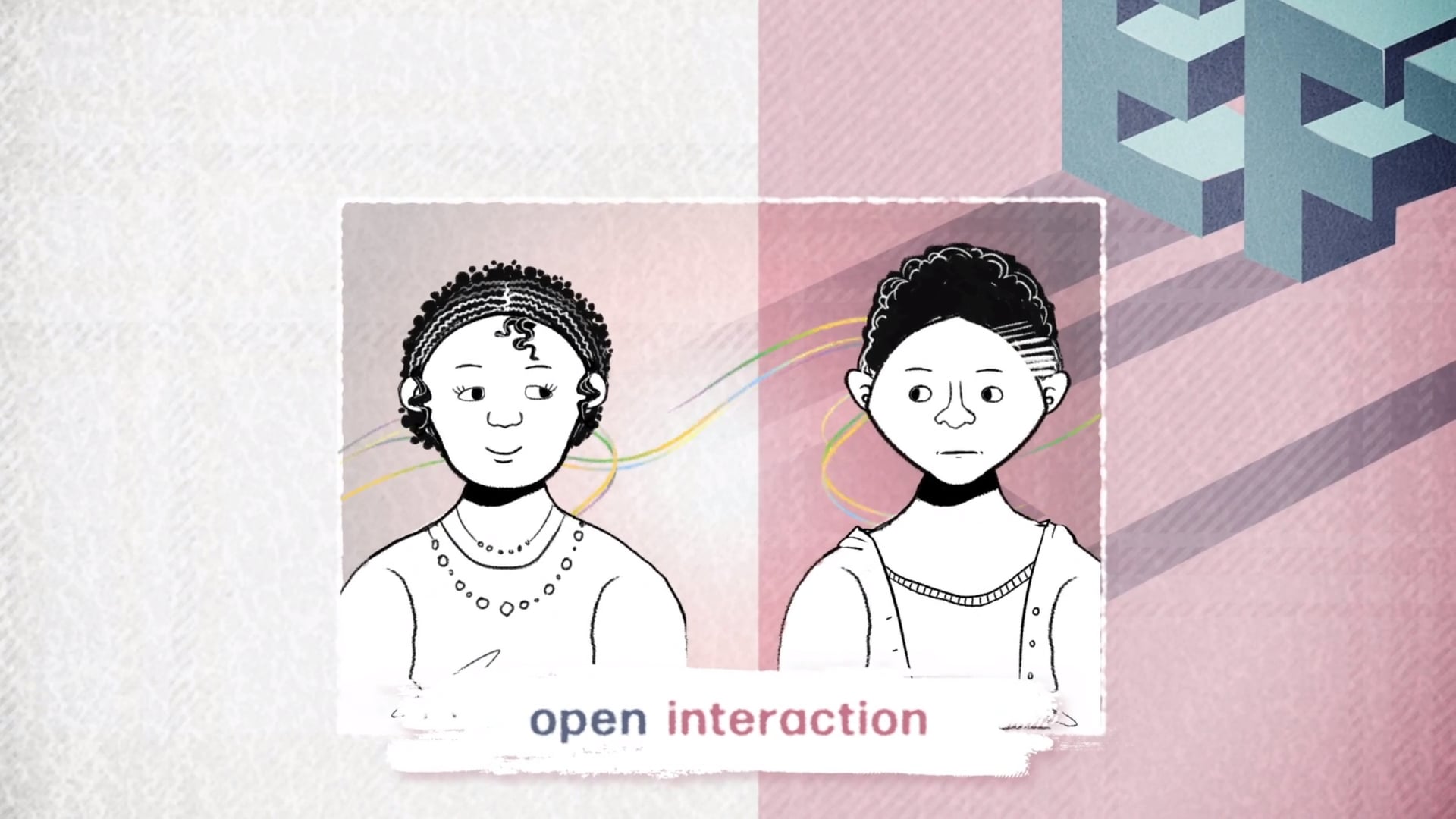
EFT and Attachment Science
 EFT: Attachment Science in Practice
EFT: Attachment Science in PracticeHow does attachment science fit with Emotionally Focused Therapy? Emotionally focused therapy or EFT perfectly captures the wisdom of attachment science. First of all, EFT privileges emotion and emotional experience and privileges the importance of responsive open interactions with a few precious others and so does attachment science. EFT focuses on within experience and looks at how that is constructed in the moment, and it also focuses on between experience, experience between people.
EFT uses the map to the biologically based longings, needs and fears that attachment science tells us are innate for all of us as human beings. And it uses this map to tune into and be able to know how to follow and track and work with emotions in sessions in psychotherapy. What we know is that experiences like rejection and abandonment are really experienced by our mammalian bonding brain as real threats to our survival. They're real threats for us. EFT, just like attachment science, is essentially non-pathologizing.
It sees negative behaviors as totally reasonable distortions of perfectly acceptable healthy behaviors. Behaviors that would be healthy in a different context. It sees how people only have so many ways of coping with frightening alien or unacceptable experiences and these ways of coping then somehow become prisons for them and it accepts this as natural part of being human. So EFT and attachment are essentially compassionate models of the way we are as human beings. They're essentially accepting models of the way we are as human beings.
It's a way of understanding how we all get stuck in our lives. For example, John Bowlby, the father of attachment theory talking about working with widows after the Second World War, widows who were angry about losing their partner. He talks about the fact that you don't tell the widow that she shouldn't be angry or there's something wrong with her being angry. You go and you listen to her and you join her in her anger and you help her understand her anger and move into and through her anger.
You accept where people are and this is true in EFT, and it's true in attachment science. One way that EFT is different from attachment science is that it's a clinical intervention. EFT has spent the last thirty-five years outlining interventions that completely fit with attachment science, so it's different. EFT and attachment science are essentially grounded in empiricism.
They are grounded in observation. The observation and coding of behaviors. How did we learn to do EFT? We learn to do EFT by watching tapes of our clients and watching how we impacted them and what they did to change their relationship. And what do we do in our research studies all the time? We look at videotapes and we code behaviors. That's just what John Bowlby did when he started to understand this amazing drama called Attachment.
He got mothers and infants in his lab and he coded all their behaviors and he looked for patterns in those responses. And both attachment and EFT, one is a developmental perspective on personality. One is a clinical intervention. But both of them are involved in ongoing research. There's ongoing research on attachment that comes out every day.
There's ongoing research on EFT that comes out regularly.